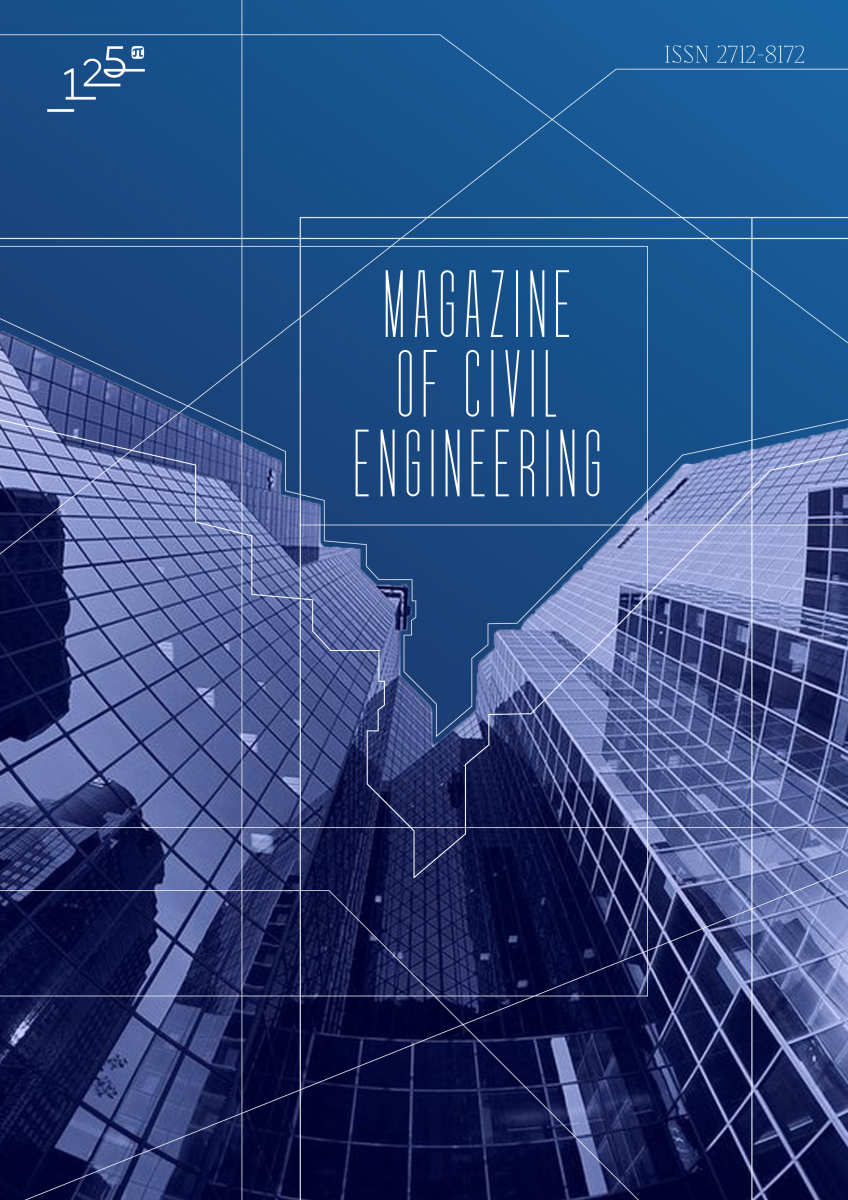Properties of cement-bound mixes depending on technological factors
The influence of technological factors on the properties of cement-bound mixes, hardening at positive and negative temperatures in the construction of pavements, is studied. The relationships between density and strength of cement-bound mixes and the content of cement and water are established. The optimal moisture contents of mixes (10.5–11.5 %) were determined, which ensure the maximum material density from 2000 to 2300 kg/m3 with a cement content of 6 to 12 % by weight of the crushed stone mix. The influence of complex antifreeze additives on the mix technological properties (density, workability, constructability time) was studied. It was shown that sodium formate additives contribute to increasing the mix density and reducing the mix technological hardness (workability) under positive and negative temperatures. The influence of temperature and the amount of functional additives on the constructability time of cement-bound mixes is considered. It was established that additives contribute to preservation of the required workability of mixes at negative temperatures (down to -15 °C) for 1–2 hours and provide the necessary conditions for efficient work performance without reducing their quality and reducing the technological cycle period.


